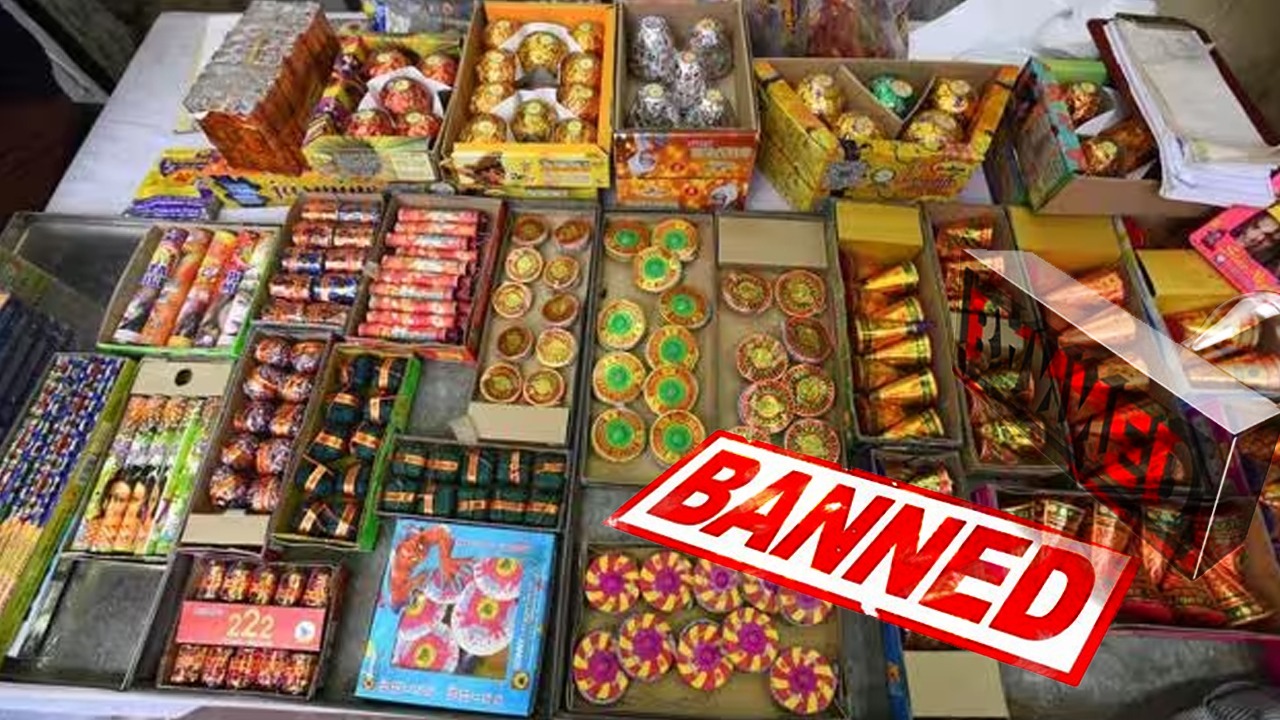Introduction:
Firecrackers have long been an integral part of celebratory traditions in India, especially during festivals like Diwali. However, the negative impact of firecrackers on the environment, public health, and safety cannot be ignored. In recent years, there has been a growing call from environmentalists, health experts, and concerned citizens to ban firecrackers in India. This article aims to present a compelling case for the prohibition of firecrackers in the country.
1. Environmental Impact:
Firecrackers generate an enormous amount of air and noise pollution. The chemicals used in firecrackers release harmful substances such as sulfur dioxide, nitrogen dioxide, heavy metals, and particulate matter into the air, leading to a significant deterioration in air quality. This pollution not only affects the immediate vicinity but also contributes to long-term health problems and climate change. Banning firecrackers would contribute to cleaner air, preserving the environment, and safeguarding public health.
2. Health Hazards:
The toxic fumes and particulate matter released by firecrackers pose severe health risks, especially to vulnerable populations such as children, the elderly, and individuals with respiratory problems. Studies have linked firecracker emissions to respiratory ailments, allergies, asthma attacks, and even cardiovascular diseases. By banning firecrackers, the government can protect its citizens from these health hazards and alleviate the burden on healthcare systems.
3. Safety Concerns:
Firecrackers are notorious for causing accidents and injuries. Every year, numerous incidents of burns, eye injuries, and even deaths are reported due to mishandling or malfunctioning of firecrackers. Despite safety regulations, the unregulated sale and use of fireworks pose a significant risk to public safety. Banning firecrackers would reduce the occurrence of these accidents, ensuring a safer environment for all.
4. Animal Welfare:
Firecrackers have a devastating impact on animals, both pets and wildlife. The loud noise and bright flashes of light cause immense distress to animals, leading to anxiety, panic, and trauma. Moreover, the chemicals present in firecrackers can contaminate water bodies and harm aquatic life. A ban on firecrackers would protect animals from unnecessary suffering and promote their welfare.
5. Cultural Shift:
While firecrackers have been a part of Indian culture and tradition, it is essential to recognize that traditions can evolve. Embracing eco-friendly and sustainable alternatives to celebrate festivals would not only preserve the essence of our traditions but also align them with modern values of environmental responsibility and public health. Encouraging community events, lighting lamps, and promoting eco-friendly celebrations can create a positive cultural shift.
Conclusion:
The harmful environmental, health, safety, and animal welfare consequences associated with firecrackers necessitate a ban on their use in India. Such a ban would lead to cleaner air, reduced health risks, enhanced public safety, and improved animal welfare. It would also foster a cultural transformation towards more sustainable celebrations. By taking this step, India can demonstrate its commitment to a healthier and greener future for its citizens. It's time to prioritize the well-being of our people and the environment over momentary bursts of noise and pollution.

Comments